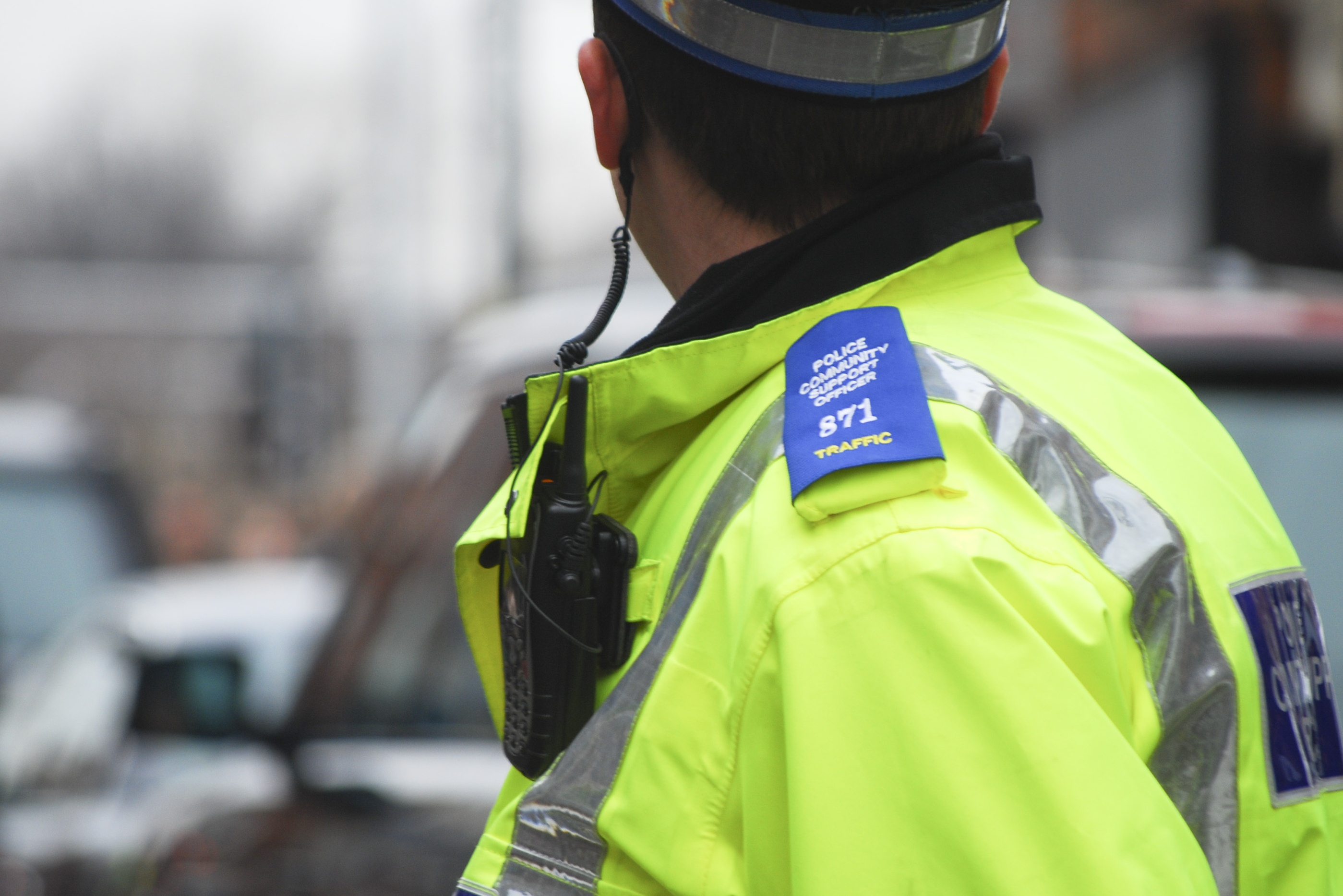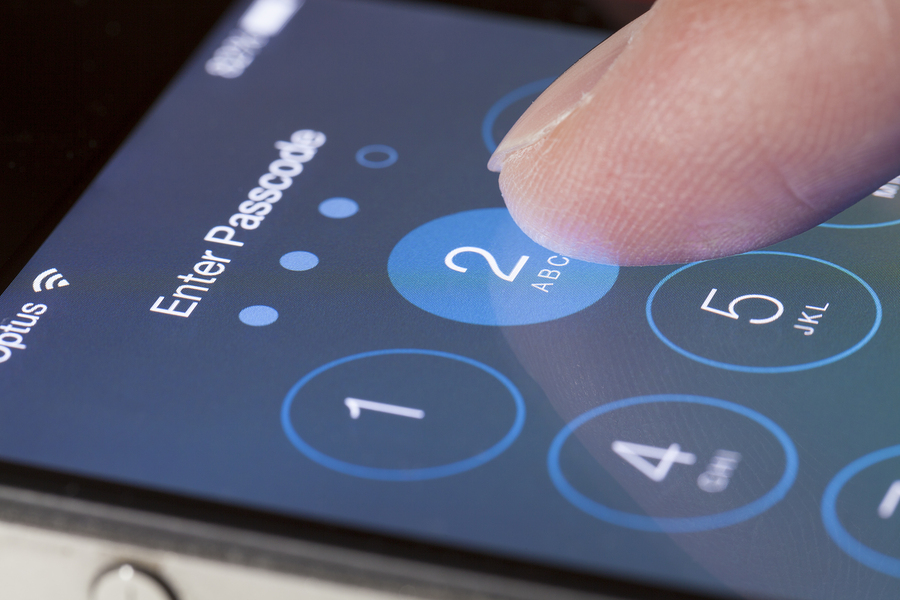Police made 700,000 data requests over three-year period
A report by Big Brother Watch revealed the UK's police forces were denied only 4 per cent of requests


British police forces submitted 733,237 requests to view communications data over three years, with only four per cent refused, according to a newly published report by the Big Brother Watch.
Although communications requests don't reveal precise content of personal texts, emails, phone calls and web searches, they do reveal information about when they were made, to whom and from where, giving police insights into anyone's activity, whether it will aid an investigation or not. Anyone seeking data must first of all ask its own force if a request is allowed before approaching the provider of the data - such as a mobile phone network or ISP.
The Metropolitan Police made almost a quarter of these requests. West Midlands Police made the second highest number of requests with 13 per cent of the 733,237. Essex Police refused the highest proportion requests with 28 per cent denied and the Met refused almost 33,000, which represented 18 per cent of its total requests.
A Home Office spokesperson told the BBC: "It is absolutely vital that our police and security services are able to obtain communications data in certain, limited circumstances, to protect the public and ensure national security
"This information helps to disrupt terrorist plots, smash criminal networks and keep us safe and it is a government priority to ensure our legislation is updated to deal with changing threats and evolving technologies."
Big Brother Watch said: "It is clear from the reports' findings that disparity exists amongst police forces on what is considered necessary and proportionate for a request for Communications Data and why a refusal for access is given.
"If law enforcement persists with calls for greater access, internal procedures will need to be clarified, transparency about the process published and independent judicial approval brought in as part of the authorisation process."
Get the ITPro daily newsletter
Sign up today and you will receive a free copy of our Future Focus 2025 report - the leading guidance on AI, cybersecurity and other IT challenges as per 700+ senior executives

Clare is the founder of Blue Cactus Digital, a digital marketing company that helps ethical and sustainability-focused businesses grow their customer base.
Prior to becoming a marketer, Clare was a journalist, working at a range of mobile device-focused outlets including Know Your Mobile before moving into freelance life.
As a freelance writer, she drew on her expertise in mobility to write features and guides for ITPro, as well as regularly writing news stories on a wide range of topics.
-
 UK police fails ethical tests with "unlawful" facial recognition deployments
UK police fails ethical tests with "unlawful" facial recognition deploymentsNews A University of Cambridge team audited UK police use of the tech and found frequent ethical and legal shortcomings
By Rory Bathgate
-
Hackers love the UK, but not for the reason you think
News Ex-Met cyber specialist explains why the UK is such a popular destination for cyber criminals
By Adam Shepherd
-
 UK cops to lose access to Europol's cyber crime resources after Brexit
UK cops to lose access to Europol's cyber crime resources after BrexitNews Cyber cops will be on their own once Britain leaves the EU
By Adam Shepherd
-
 Police pursue cloud first IT strategy
Police pursue cloud first IT strategyNews The National Police Technology Council's guidelines attempt to standardise IT deployment
By Clare Hopping
-
 NGO director guilty of denying police his device passwords
NGO director guilty of denying police his device passwordsNews Muhammad Rabbani refused to divulge iPhone and MacBook passwords at Heathrow airport
By Zach Marzouk
-
 20% of Manchester police rely on Windows XP
20% of Manchester police rely on Windows XPNews London's Metropolitan Police refused to disclose any up-to-date figures
By Zach Marzouk
-
 Should police have powers to sack officers lacking IT skills?
Should police have powers to sack officers lacking IT skills?News Reform produces a 10-point plan to address policing's digital skills gap
By Clare Hopping
-
 Uber faces criminal investigation over 'Greyball' tool
Uber faces criminal investigation over 'Greyball' toolNews DoJ investigates alleged use of software to help drivers evade regulators
By Dale Walker

